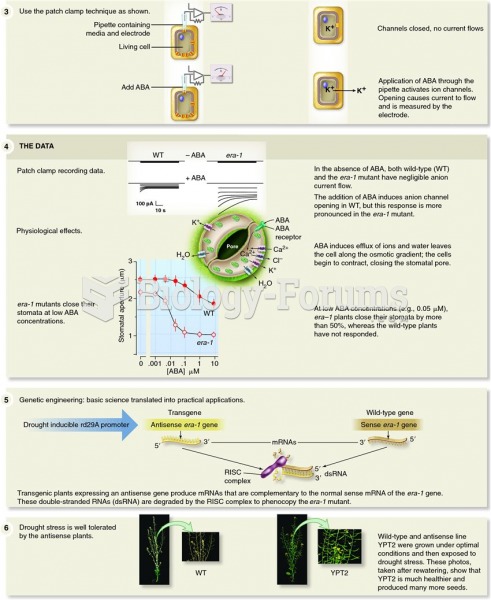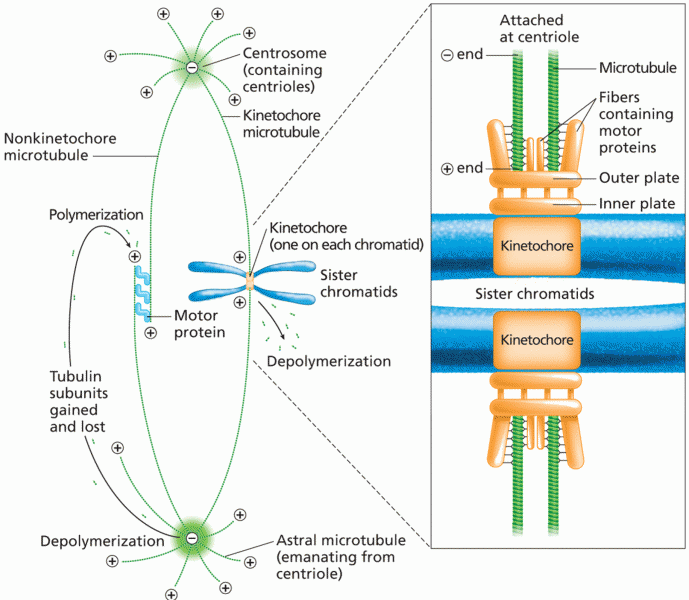This topic contains a solution. Click here to go to the answer
|
|
|
Did you know?
Cancer has been around as long as humankind, but only in the second half of the twentieth century did the number of cancer cases explode.
Did you know?
Nearly all drugs pass into human breast milk. How often a drug is taken influences the amount of drug that will pass into the milk. Medications taken 30 to 60 minutes before breastfeeding are likely to be at peak blood levels when the baby is nursing.
Did you know?
The FDA recognizes 118 routes of administration.
Did you know?
Illicit drug use costs the United States approximately $181 billion every year.
Did you know?
It is difficult to obtain enough calcium without consuming milk or other dairy foods.







